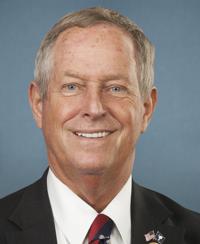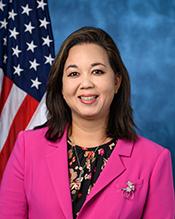0
Combating Global Corruption Act of 2023
12/15/2023, 3:53 PM
Summary of Bill HR 457
One of the key provisions of the bill is the establishment of a new office within the Department of State dedicated to combating global corruption. This office would be responsible for coordinating US efforts to address corruption internationally, including providing support to foreign governments in their anti-corruption efforts.
Additionally, the bill calls for increased cooperation between the US government and international organizations, such as the United Nations and the World Bank, to combat corruption. This includes supporting initiatives to strengthen anti-corruption laws and institutions in other countries, as well as promoting greater transparency in international financial transactions. Furthermore, the bill includes measures to enhance the ability of the US government to investigate and prosecute individuals and entities engaged in corrupt practices abroad. This includes expanding the jurisdiction of US law enforcement agencies to pursue cases of corruption that have a significant impact on US interests. Overall, the Combating Global Corruption Act of 2023 aims to bolster US leadership in the fight against corruption worldwide and promote greater accountability and transparency in international affairs. It represents a bipartisan effort to address a pressing global issue that undermines democracy, economic development, and human rights.
Congressional Summary of HR 457
Combating Global Corruption Act of 2023
This bill requires the Department of State to address corruption in foreign governments.
The State Department must annually publish a ranking of foreign countries based on their government's efforts to eliminate corruption. Corruption, for the purposes of the bill, is the unlawful exercise of entrusted public power for private gain, including by bribery, nepotism, fraud, or embezzlement.
The bill outlines the minimum standards that the State Department must consider when creating the ranking. These considerations include, for example, whether a country has criminalized corruption, adopted measures to prevent corruption, and complied with the United Nations Convention against Corruption and other relevant international agreements. Tier one countries meet the standards; tier two countries make some efforts to meet the standards; tier three countries make de minimis or no efforts to meet the standards.
If a country is ranked in the second or third tier, the State Department must designate an anti-corruption contact at the U.S. diplomatic post in that country to promote good governance and combat corruption.
The State Department must report annually to Congress a list of foreign persons (individuals or entities) (1) who have engaged in significant corruption in a tier three country, and (2) upon whom the President has imposed sanctions pursuant to this bill.





